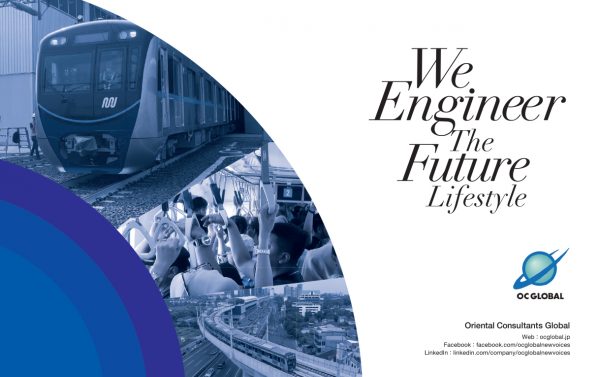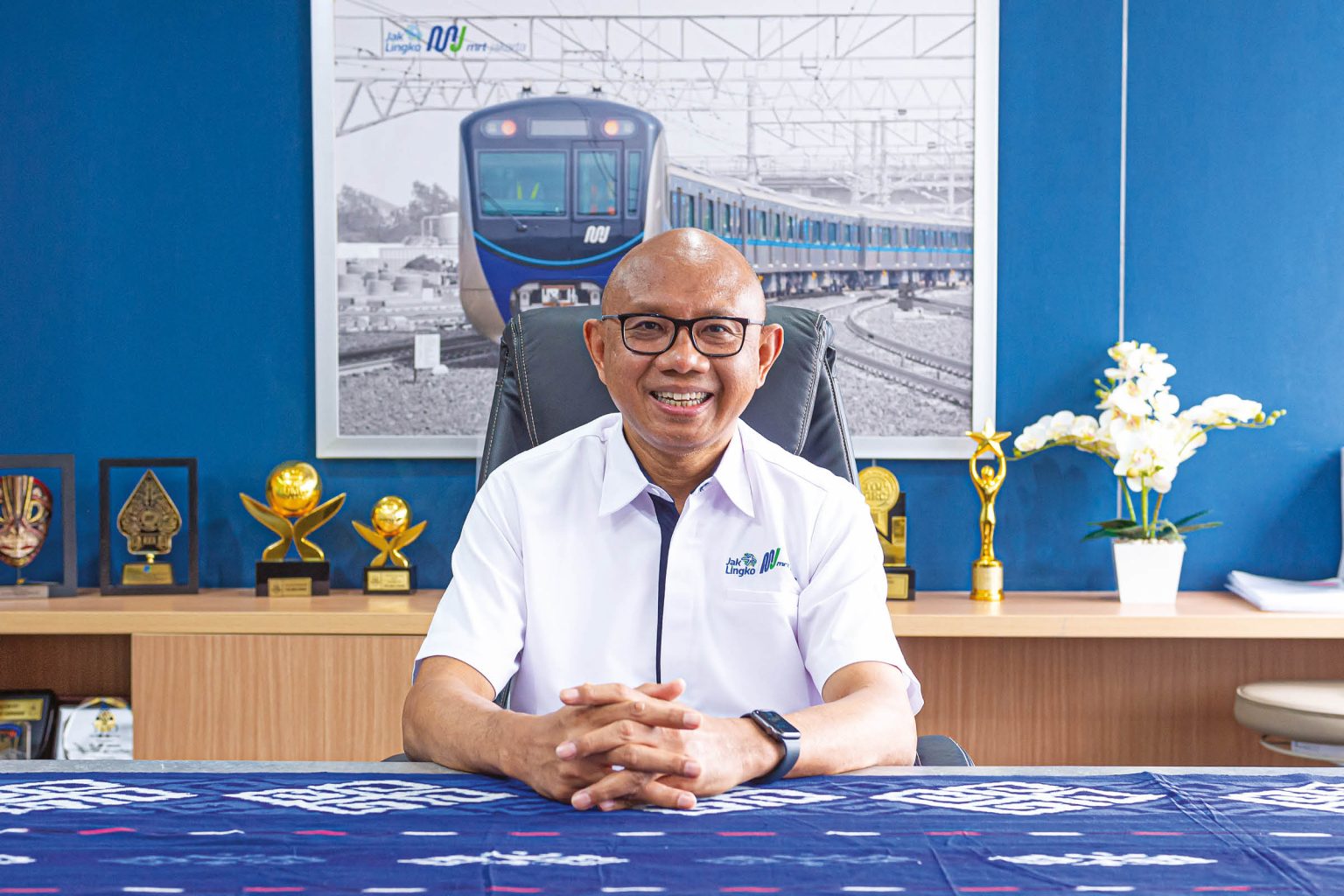William Sabandar is no stranger to crisis. In fact, crisis doesn’t just find him – he seeks it out. A transport engineer by trade and in his element under pressure, MRT Jakarta’s President Director had his first experience managing crisis when the tsunami hit Aceh in the early 2000s.
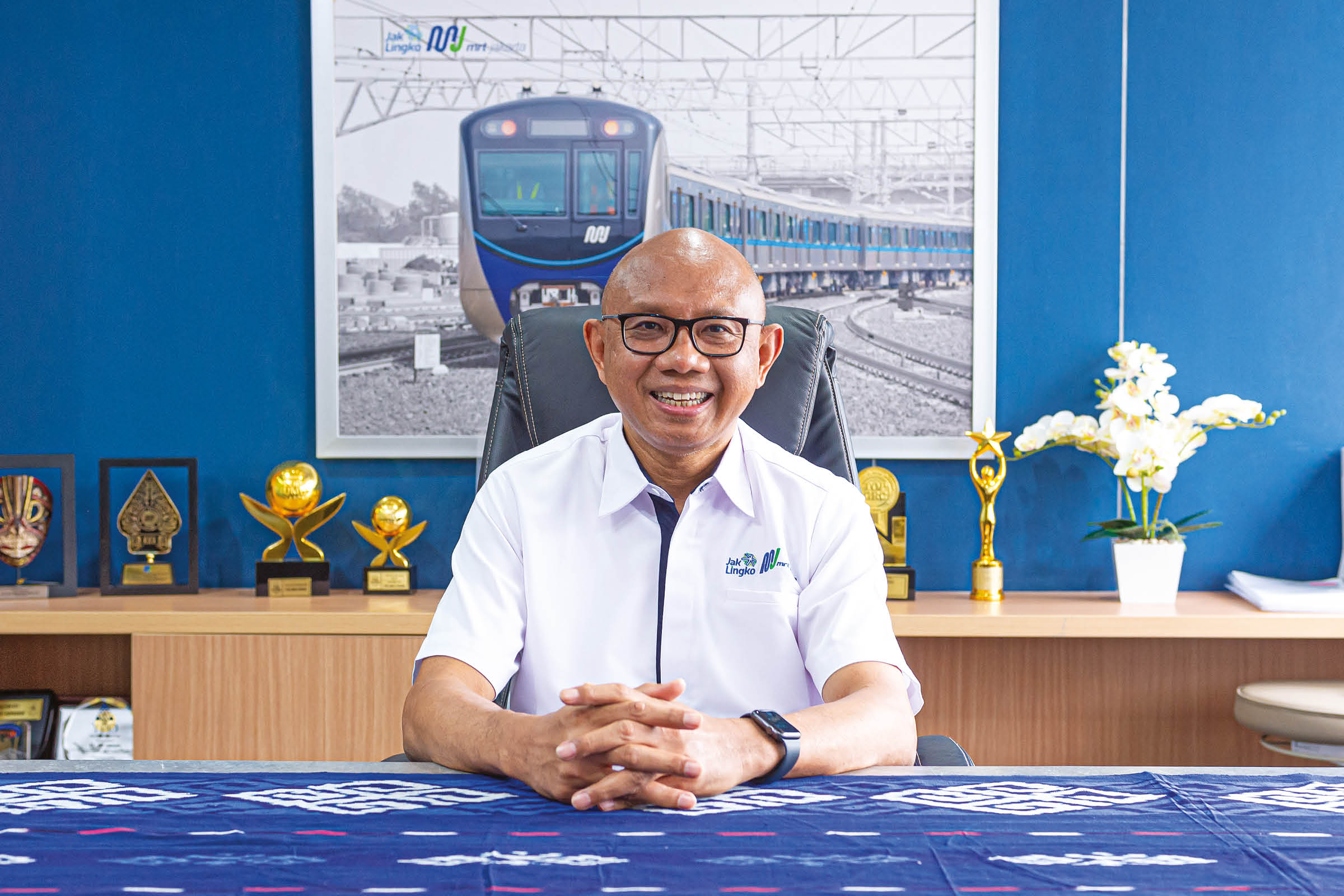
And later, he managed the recovery operations after a cyclone hit Myanmar in 2008. So when it came to finding the right person to take on Jakarta’s flagship rapid-transit project, William was a shoo-in. “I have a professional background in managing policy and transit systems, an educational background in transport and a practical background in managing crises,” he shares.
“So when I was asked to lead the development of the MRT in Jakarta, I knew I could do it. They wanted someone who could address the crisis that was facing the project, and I had the experience.”
In the beginning, that crisis was delay. “At the time, MRT was already delayed by two years, so they gave us a deadline of early 2019 for its completion,” William recalls. “By addressing the difficulties facing the project with a crisis mindset and working 24/7, I was able to manage the completion of phase one on time, on budget and with superior quality.”
MRT opened in March and by June, it had not only reached its target of serving 65,000 passengers a day, but also exceeded it by an additional 15,000. However, that’s not to say William and his team haven’t encountered some challenges along the way.
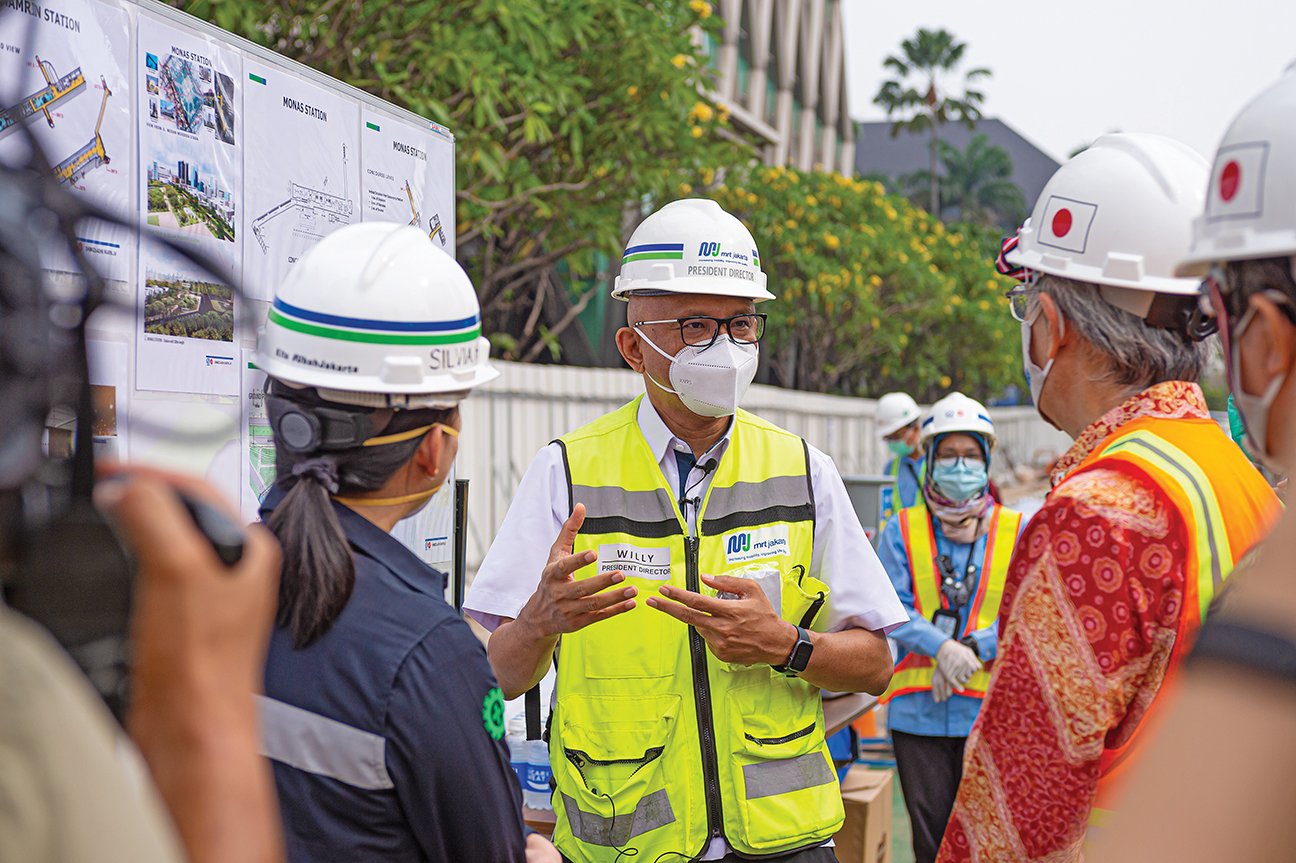
“The biggest challenge has been building the confidence of the public,” he admits. “For a long time, the perception of public transport in Jakarta has been low. It’s associated with being messy and crowded, and it’s typically seen as something for people with a lower income.”
But William is working hard to change that perception by showing the public that MRT is different. “MRT is clean, disciplined and always on time. MRT is a lifestyle. It’s modern public transport for all, not just for people with low incomes, but also for the rich.”
And with the advent of COVID-19 – yet another crisis – William sees this as the perfect time to accelerate change and use everything that’s going on as an opportunity for transformation. “Life is about transformation for me,” he says.
“I transformed the island of Nias after the tsunami, just like I transformed Myanmar after the cyclone. Now, with COVID-19, I see it as opportunity to transform MRT Jakarta to business beyond normal.” Business beyond normal is a three-pronged approach for addressing the pandemic and the reduction in patronage that has resulted because of it.
COVID-19 changed the city’s pattern; therefore, we plan to integrate MRT with Jakarta’s development so it becomes a city regenerator.
“We can no longer only rely on ridership. The number of passengers using public transport is very low now and that might be the case for years. So I introduced the concept of business beyond ridership,” William explains.
“This concept addresses the aspect by showcasing MRT as a lifestyle. Every single passenger’s experience matters. By providing a great experience every time, people will share with others that riding MRT during the pandemic is safe and enjoyable.”
The second prong, beyond physical mobility, addresses the fact that more and more people are staying home and working from home during the pandemic.
“In this context, we have to combine the aspect of physical mobility with digital mobility, introducing a new digital platform for MRT. So now, not only can we accommodate passengers but we can also reach them at home by way of this new platform,” William shares.
The last part of the approach is about regenerating the entire city beyond the transport network, according to William. “MRT is more than a transport network,” he stresses.
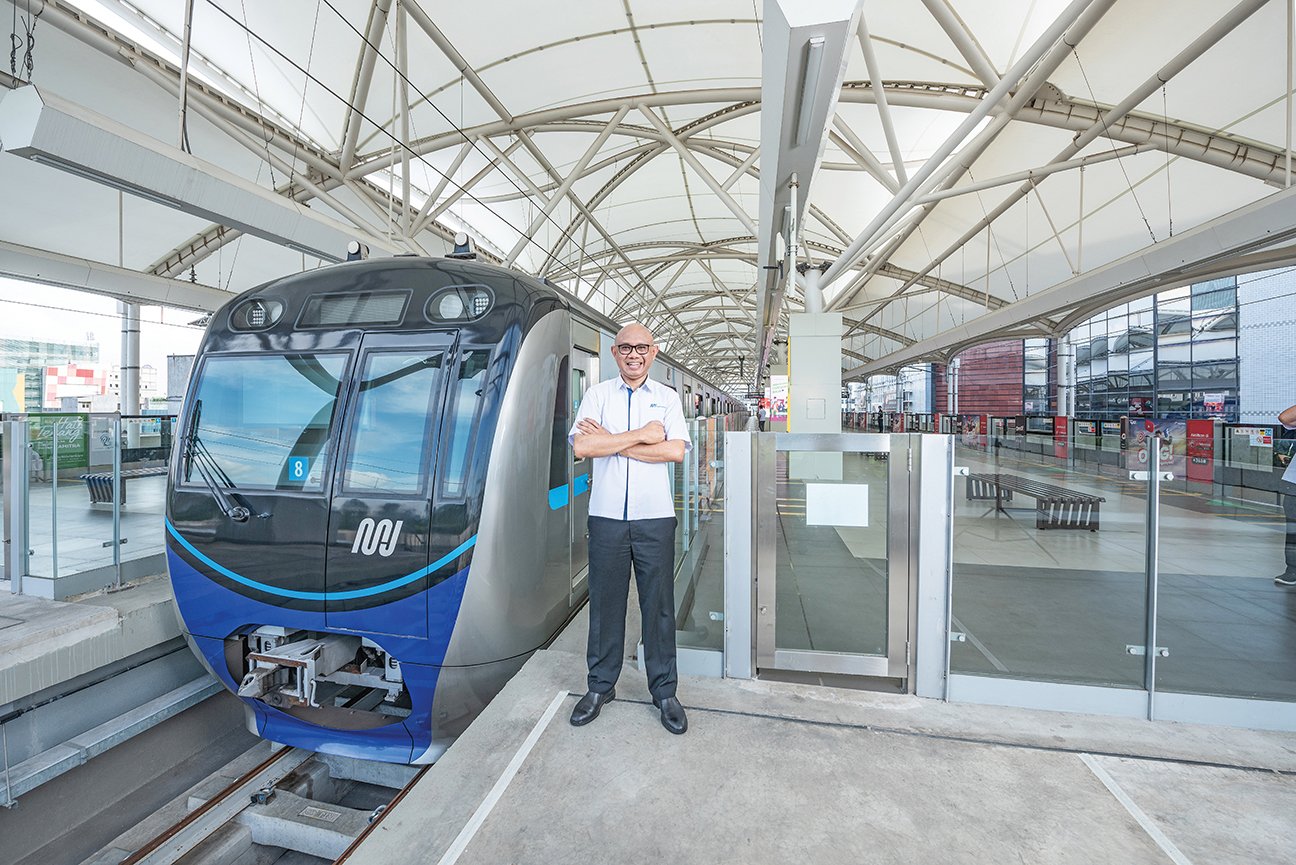
“COVID-19 changed the city’s pattern; therefore, we plan to integrate MRT with Jakarta’s development so it becomes a city regenerator, not just in terms of promoting mobility but also in bringing life to the city post-pandemic.”
William firmly believes that this strategy will lead to sustainability, both in terms of development and opportunity. “Every day, I wake up in the morning excited to tackle another opportunity,” he says.
“A lot of people are worried about protecting themselves during COVID-19, and the perspective I share with my team is to see it as an opportunity because while others sink, we can actually blossom.
“The thing is, when you’re on the inside and you know what the problem is, it’s easier to manage. From the inside, you can see a lot of opportunity, whereas if you look from the outside, you will only see problems.”
Fortunately, the team at MRT is powered by a culture of “I CAN”, which values integrity, customers, achievement and a nurturing environment – the perfect formula for pushing the envelope. “For us, innovation and technology are very important, but even they are not enough. For them to work, you need human capital,” William points out.
“You need a culture that allows people to push innovation into the system and that’s why, at MRT, we always consider our people our greatest asset.” Even though MRT is only in its infancy, covering approximately 16 kilometres and connecting 13 stations from the south of the city to the business district, William has big plans to stretch its overall imprint and impact.
“My ambition is to reach about 235 kilometres by 2035. MRT’s presence will allow us to reduce traffic congestion and improve mobility for the people of Jakarta,” he says.
“Apart from improving mobility, we can also create a city that is sustainable in terms of economic, social and environmental standards. Because if you have a good public transport system, then you can actually create a good living ecosystem for your population.”
Proudly supported by:
